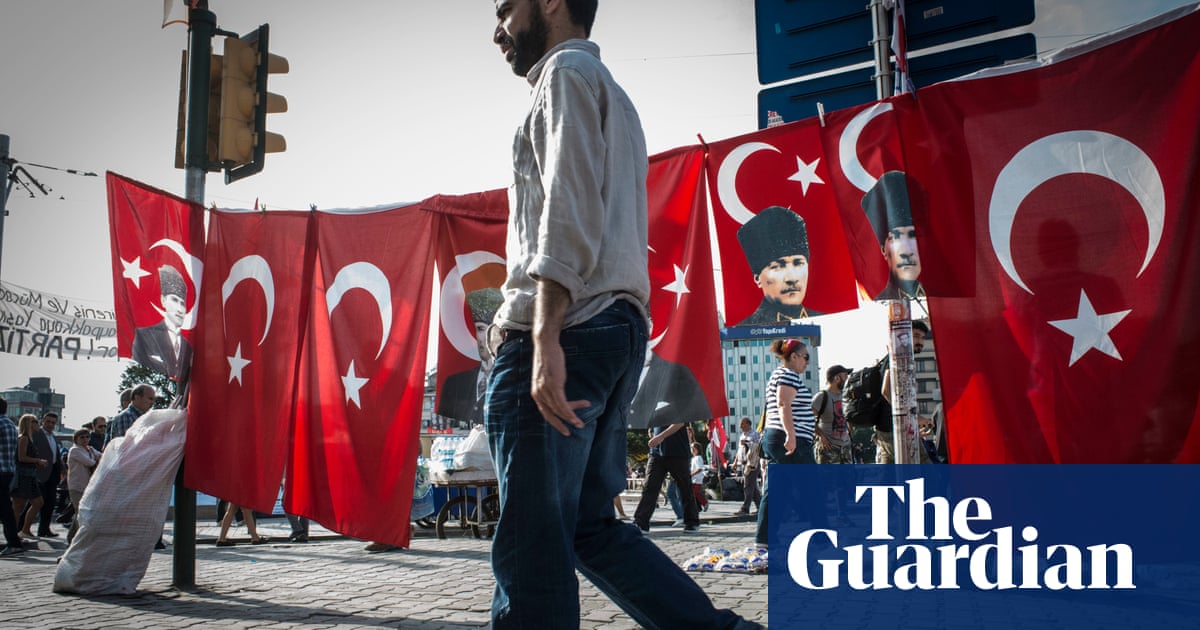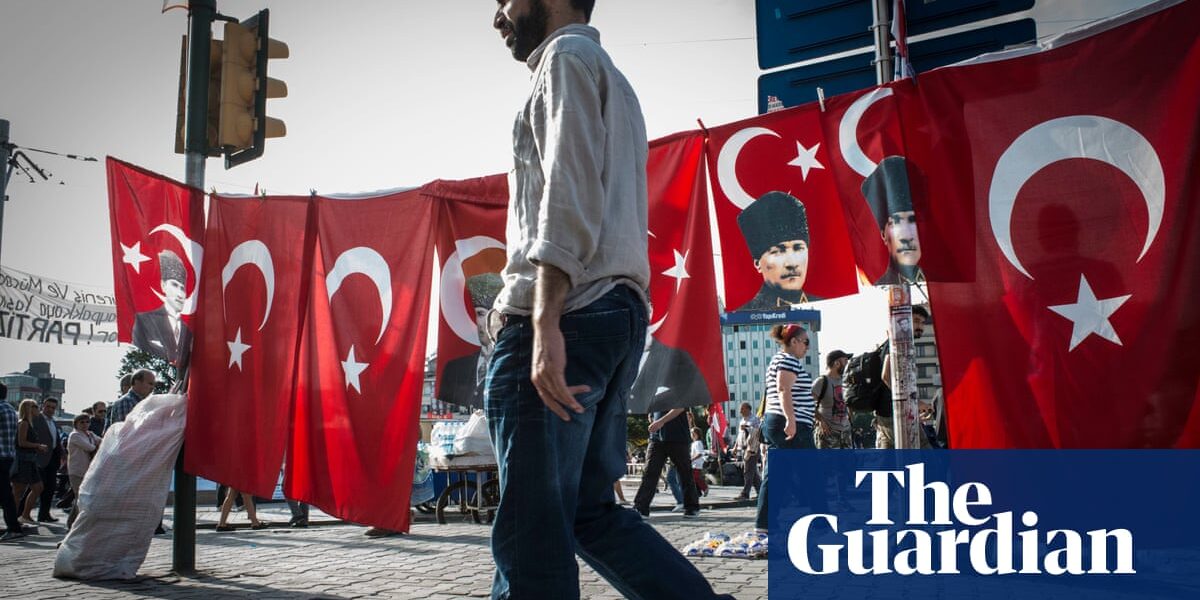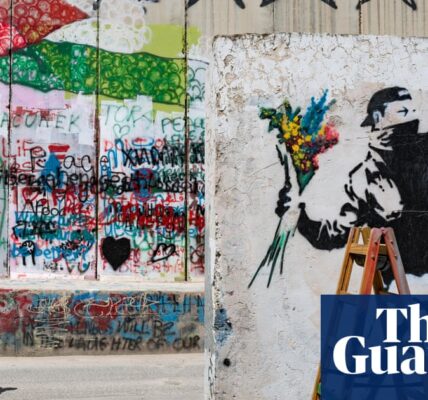
Many stories start with a young stranger coming to town. Often it is a place of half-remembered childhood stories and of magic, somewhere not yet experienced firsthand. In Sami Kent’s enthralling book, the town is a whole country.
The Endless Country is a resoundingly successful attempt to tell Turkey’s history – the first 100 years since the founding of the republic – through Kent’s own story of coming back to the land of his father. But more than that: by talking to people and visiting places involved with each decade of that century, Kent brings the past alive. From its beginnings in the small village in the Black Sea where his family came from, this is personal as well as public history.
As a result, The Endless Country differs from many books that deal only with Turkey’s formal history, delicious food or brutal politics. It is, as its author says, “more mosaic than textbook”. Kent uncovers the country layer by layer, reeling in horror at past crimes of genocide and state repression, awed by tales of generosity and courage.
He starts with his great-grandfather, reputedly the gigolo of an exiled Egyptian princess in the dying days of the Ottoman empire, who gained an education in Europe, later becoming part of the Ankara secular elite. Entwining the personal and political, Kent takes us to Yeldeğirmeni, once a cosmopolitan neighbourhood in Istanbul, where Turks, Greeks, Armenians and Jews lived together, only to be torn apart by the 1923 foundation of the republic.
“This was how the Turkish nation was born,” Kent writes, “like any other birth out into the light, crying and confused, tender and pink.” Under its founder, Mustafa Kemal Atatürk, this confused, raw nation shed its multi-ethnic character in a hurry to break with its past, turning into a mostly Turkish, almost exclusively Muslim country.
Kent finds a certain cruelty in this Turkishness as the young republic learned to assert itself against often conservative uprisings. The hat law of 1925 made western style headwear obligatory and outlawed religious head coverings and fezes. Rebellions followed, harshly put down by the fledgling Turkish state. Kent tells the story of a man in the southern province of Antalya who did not leave his house for the last 17 years of his life – to avoid putting a western style hat on his head.
The 1930s brought a still harder nationalism. Kent meets Hasan, a 92-year-old Alevi Kurd and a witness of the atrocities in Dersim, a prominent center of Turkey’s Alevis – a branch of Islam that differs from the mainstream Sunni faith. The Turkish state used planes and bombs to pursue the “annihilation of bandits”; at least 13,000 people died. Hasan remembers deportations after the killings. Villagers were taken to a town on the other side of the country. At his new school, other children would not go near Hasan because they were told Kurds ate people and had tails.
By the 1950s, Turkey’s single-party era had ended and another unstoppable wave had begun: Islamism. As the book sails through decades and provinces, we read stories of a Kurdish Robin Hood, the obliteration of leftist movements by the state and the brutal 1980 coup that continues to shape Turkey.
Kent describes today’s Turkey as a prison nation. Silivri, a once wealthy seaside town 45 miles west of Istanbul, now hosts one of the world’s biggest jails. Kent cites a 2019 Turkish parliamentary commission report that said the complex, built for 11,000 people, actually housed more than 22,000. The inmates include political prisoners prosecuted in show trials with indictments full of factual inaccuracies and wild conspiracy theories. He recounts the Gezi protests of 2013, when demonstrations against a planned shopping mall on one of Istanbul’s last patches of green led to a mass challenge to Recep Tayyip Erdoğan’s authority that the Turkish president was not prepared to allow. A personal account is provided here by Hakan Altınay, a teacher of global civics imprisoned in Silivri for his alleged part in the protests, partly because of deranged conspiracy theories involving George Soros.
after newsletter promotion
In the epilogue Kent notes that Altınay has been let out on appeal but still faces lesser charges, as he mourns that this is not the book he had wanted to write when he hoped that Turkey’s centenary would mark a turn towards greater democracy. Instead, this is how he sums up Turkey today: “A president in almost total control, a subservient assembly, a cowed judiciary, a media brought thoroughly into line.”
It is a panorama that fills Kent, like many Turks, with anger and shame. Those sentiments ripple throughout the book, along with moments of humour and inspiration. In the introduction, he had posed a question: “What is Turkey and who is it for?” By the book’s end he has shown that it is much bigger than its government; Turkey is indeed endless.
Source: theguardian.com


